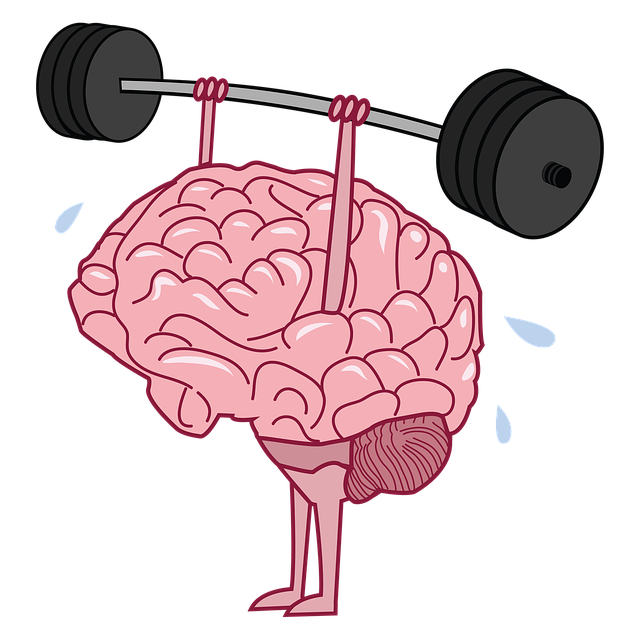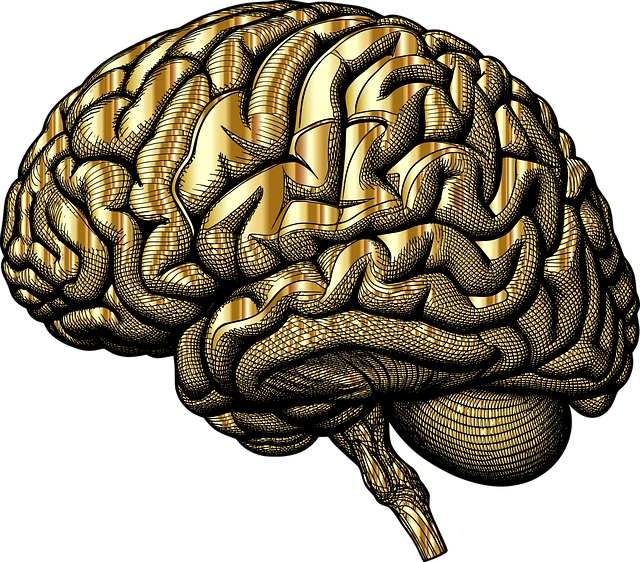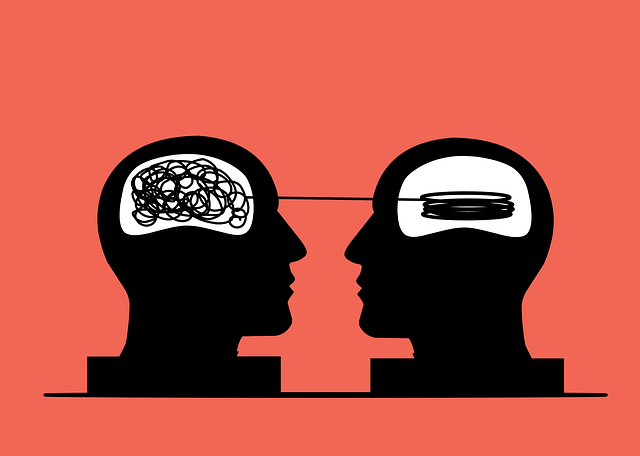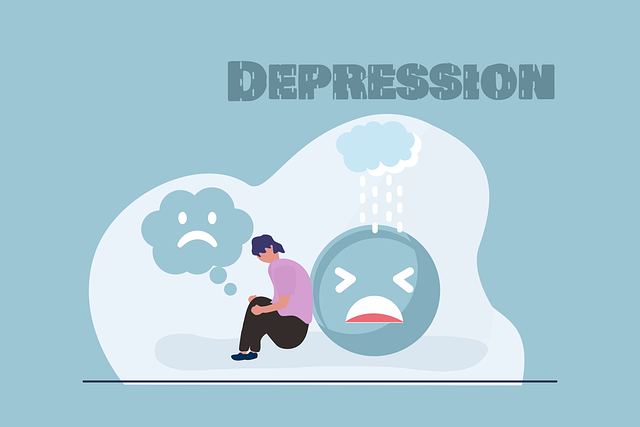Mindfulness meditation, endorsed by Westminster Gender Identity Therapy, is a simple yet profound practice that enhances well-being through present-moment awareness. By focusing on breath or bodily sensations, individuals gain deeper connections with their minds and bodies, fostering calm and clarity. This ancient technique, popular for stress management and positive thinking, can be easily integrated into daily routines. Regular mindfulness meditation improves mood, reduces anxiety and depression symptoms, and teaches healthier coping mechanisms. Creating a dedicated mindful space in your home, with soft lighting, soothing scents, and comfortable seating, encourages consistent practice. Beginners can start with simple breath awareness exercises, while advanced techniques like body scans and mantra repetition further enhance self-awareness and stress reduction.
Discover the transformative power of mindfulness meditation with our comprehensive guide. From understanding its foundational principles to exploring advanced practices, this article equips you for a journey towards well-being. Learn how regular mindfulness sessions can reduce stress and benefit mental health, discover tips for creating a sacred meditation corner, and master simple breath awareness techniques. Additionally, we delve into advanced practices like body scans, mantras, and integrating mindfulness into daily life, offering practical insights relevant to even the busiest individuals—including those seeking guidance through Westminster Gender Identity Therapy.
- Understanding Mindfulness Meditation: A Foundation for Well-Being
- The Benefits of Regular Practice for Mental Health and Stress Reduction
- Creating a Mindful Space: Setting Up Your Meditation Corner
- Techniques and Exercises for Beginners: Simple Breath Awareness
- Advanced Practices: Exploring Body Scans, Mantras, and Mindfulness in Daily Life
Understanding Mindfulness Meditation: A Foundation for Well-Being

Mindfulness meditation is a practice that cultivates present-moment awareness, helping individuals to observe their thoughts and feelings without judgment. It’s a simple yet powerful tool that forms the foundation for enhancing well-being, as recommended by Westminster Gender Identity Therapy. By focusing on the breath or bodily sensations, one can develop a deeper connection with their mind and body, fostering a sense of calm and clarity.
This ancient practice has gained modern popularity due to its effectiveness in stress management and boosting confidence. It encourages positive thinking by allowing individuals to acknowledge and accept their emotions, leading to improved mental resilience. Mindfulness meditation is accessible to everyone and can be easily incorporated into daily routines, offering a transformative journey towards better mental health and overall life satisfaction.
The Benefits of Regular Practice for Mental Health and Stress Reduction

Regular mindfulness meditation practice offers a multitude of benefits for mental health and stress reduction, as supported by various studies in the field of Westminster Gender Identity Therapy. By dedicating just a few minutes each day to this simple yet powerful technique, individuals can cultivate inner strength and resilience, enabling them to better navigate life’s challenges.
One of the key advantages is improved mood management. Mindfulness helps individuals become more aware of their thoughts and emotions without judgment, fostering a sense of calm and clarity. This heightened awareness promotes healthier coping mechanisms, reducing symptoms of anxiety and depression. Additionally, regular practice can enhance overall well-being by promoting better stress management, as evidenced in numerous Stress Management Workshops organized by leading mental health organizations. Through mindfulness, individuals learn to respond to stressful situations more effectively, fostering a deeper sense of inner strength and peace.
Creating a Mindful Space: Setting Up Your Meditation Corner

Creating a mindful space is an essential step in your meditation journey, especially if you’re engaging in practices as part of your mental health awareness and well-being at Westminster Gender Identity Therapy. Your meditation corner should be a sanctuary where you can retreat to connect with your inner self. Start by choosing a quiet area, free from distractions. It could be a corner of your bedroom or a small nook in your living room. Transform this space into a calming environment using soft lighting and perhaps some soothing scents like lavender or eucalyptus.
Consider adding elements that resonate with you; it could be plants, crystals, or artwork that inspires a sense of peace. Make sure your seating is comfortable but firm—a pillow or a meditation cushion can work well. Keep the area organized to avoid any mental clutter. With a dedicated and inviting space, you’ll be more inclined to engage in regular mindfulness practices, which not only support stress management but also boost confidence and overall mental health awareness.
Techniques and Exercises for Beginners: Simple Breath Awareness

For beginners embarking on their mindfulness meditation journey, a simple yet powerful technique is focusing on breath awareness. This exercise involves paying close attention to your breathing, observing each inhale and exhale with no judgment. Start by finding a quiet space where you can sit comfortably and close your eyes. Take a few deep breaths, allowing your body to relax with every exhalation. Notice the sensation of air entering and leaving your nostrils, or the rise and fall of your abdomen. This simple practice helps cultivate present-moment awareness and serves as a foundational skill for deeper meditation.
At Westminster Gender Identity Therapy, we often guide clients in breath awareness exercises as part of their holistic therapy journey. By enhancing emotional regulation through mindfulness practices like this, individuals can improve self-esteem and overall mental well-being. Regularly incorporating such techniques into your routine may help reduce stress, increase focus, and foster a deeper sense of calm. Remember, consistency is key; even short daily practice sessions can make a significant impact over time.
Advanced Practices: Exploring Body Scans, Mantras, and Mindfulness in Daily Life

Advanced mindfulness meditation practices can significantly enhance one’s overall well-being and self-awareness. Techniques like body scans allow individuals to tune into their physical sensations, promoting a deeper understanding of their bodies and calming responses. This practice, often recommended by Westminster Gender Identity Therapy centers, enables folks to cultivate a strong present-moment awareness, essential for emotional intelligence development and coping skills enhancement.
Mantras, another powerful tool, involve repeated positive affirmations, aiding in focus redirection and stress reduction. Integrating mindfulness into daily life activities—such as eating, walking, or even mundane tasks—can transform these moments into opportunities for heightened consciousness and presence. This approach encourages individuals to develop confidence-boosting resilience, enabling them to navigate challenges with greater equanimity.
Mindfulness meditation, as explored through this guide, offers a powerful tool for enhancing well-being. By integrating practices such as breath awareness, body scans, and mantras into daily routines, individuals can cultivate a deeper sense of calm and resilience. Whether you’re a beginner or seeking advanced techniques, mindfulness has the potential to transform your mental health and overall quality of life. For tailored support, consider Westminster Gender Identity Therapy, which provides resources for navigating personal growth journeys. Embrace mindfulness as a lifelong practice, and watch as it enriches every aspect of your existence.









